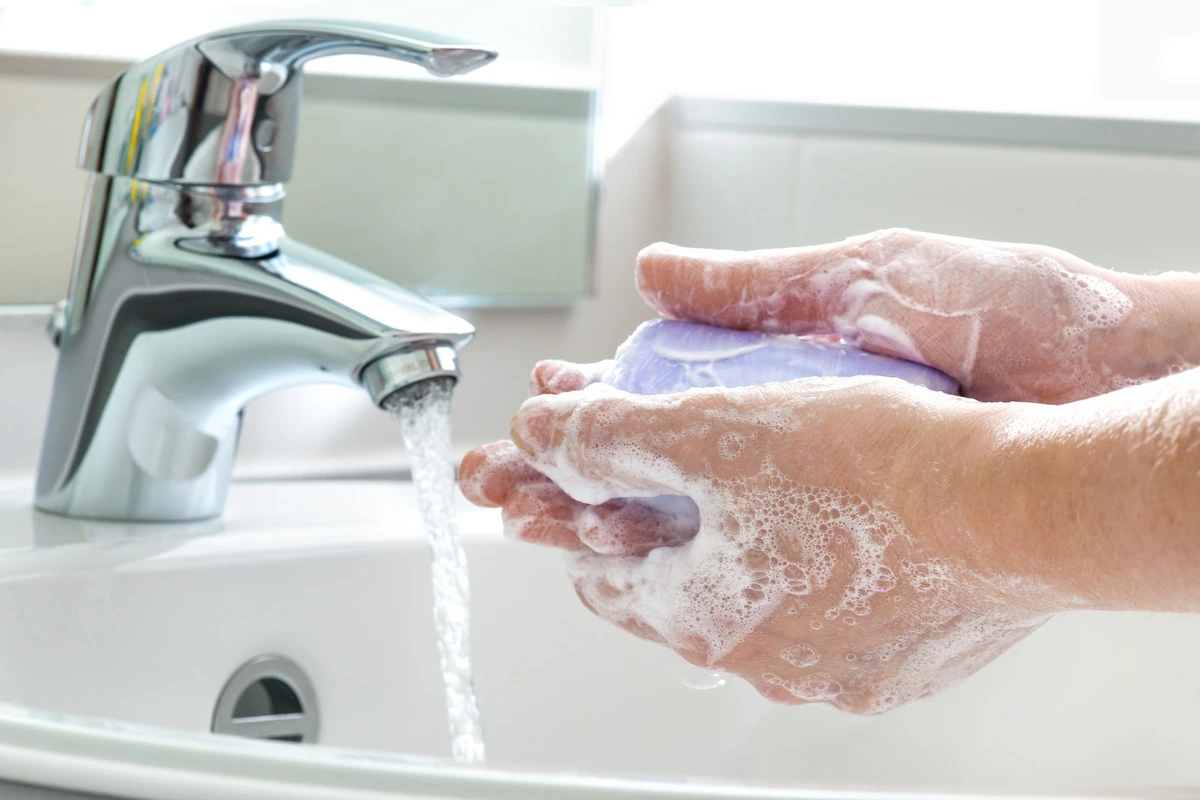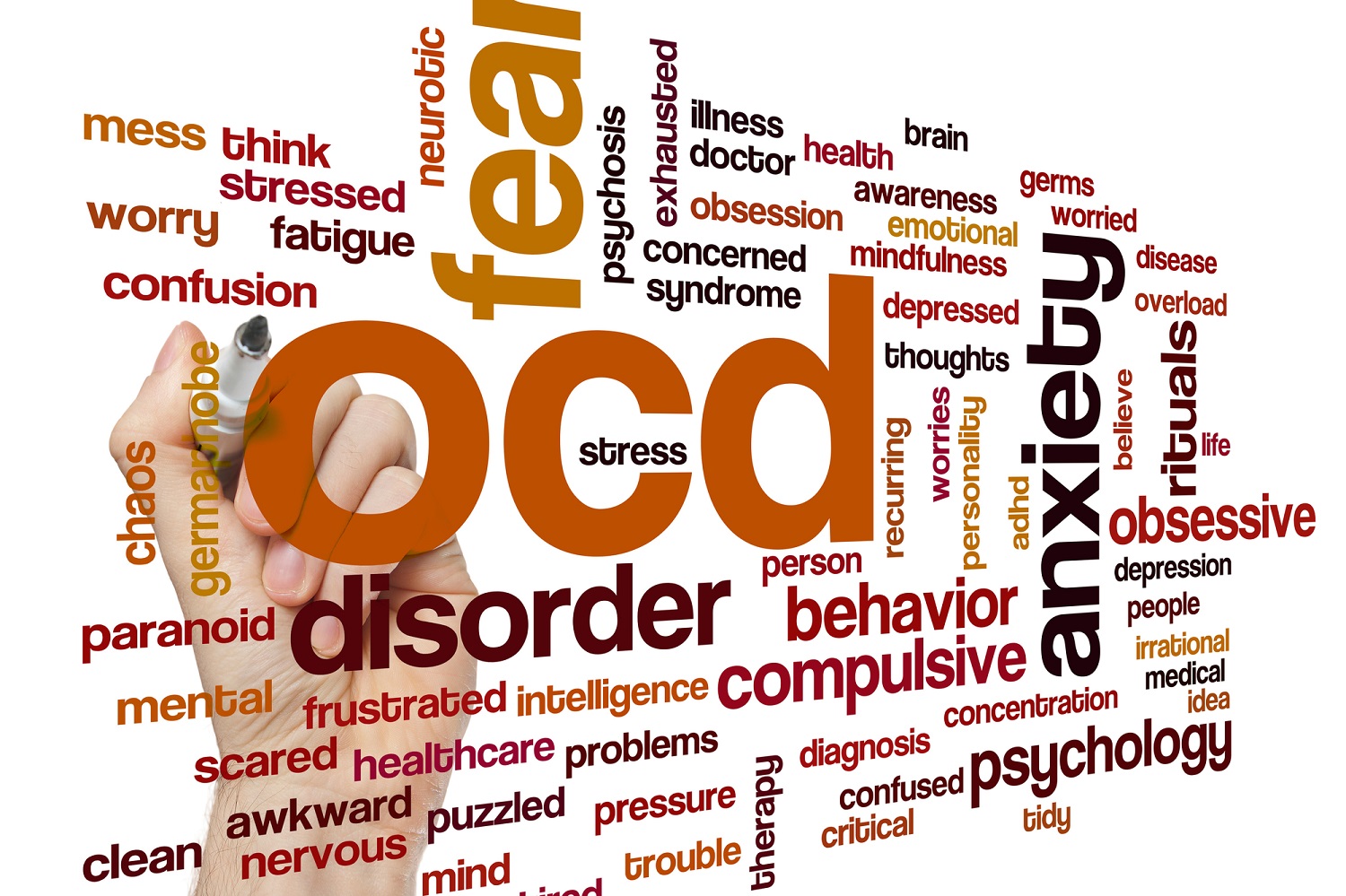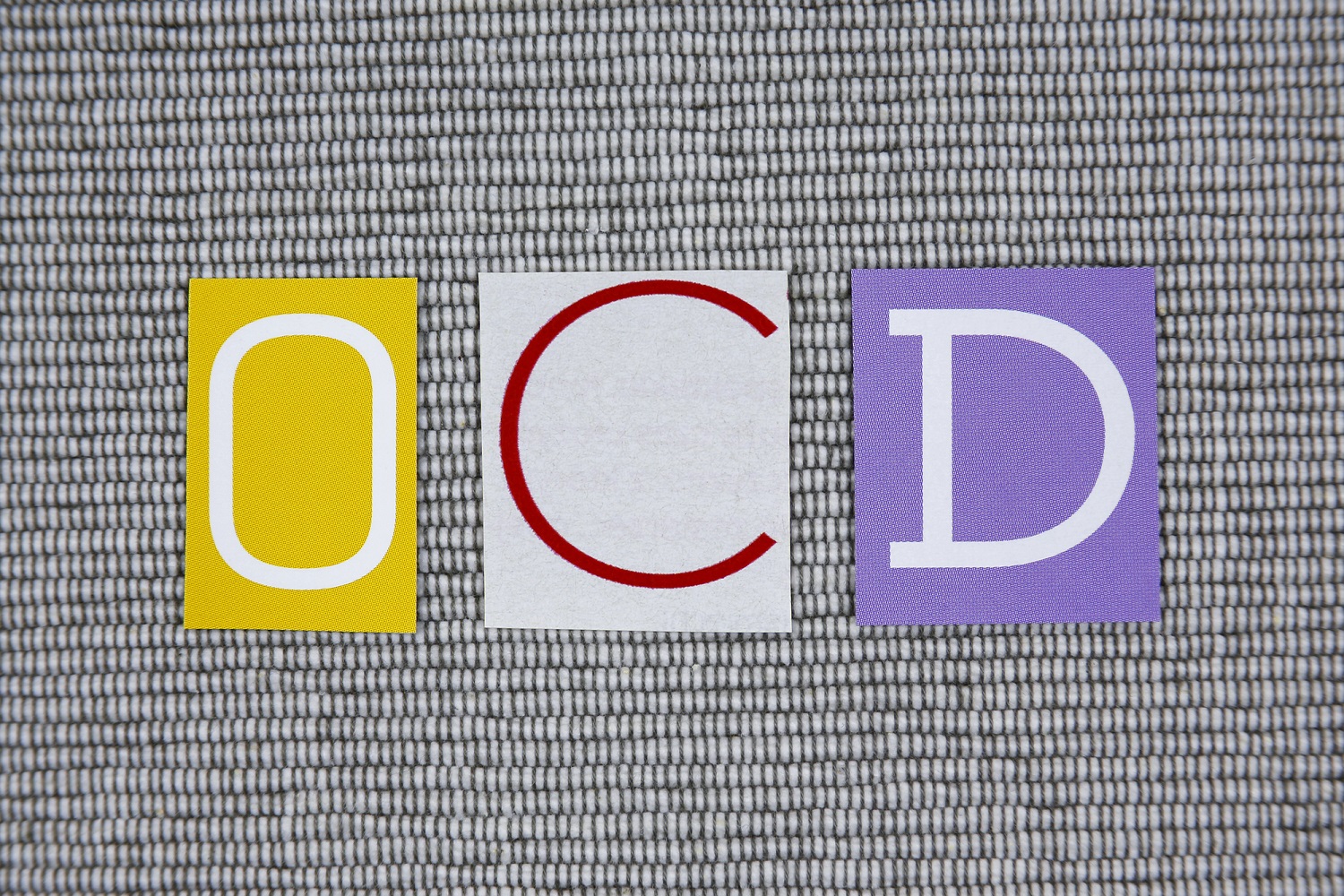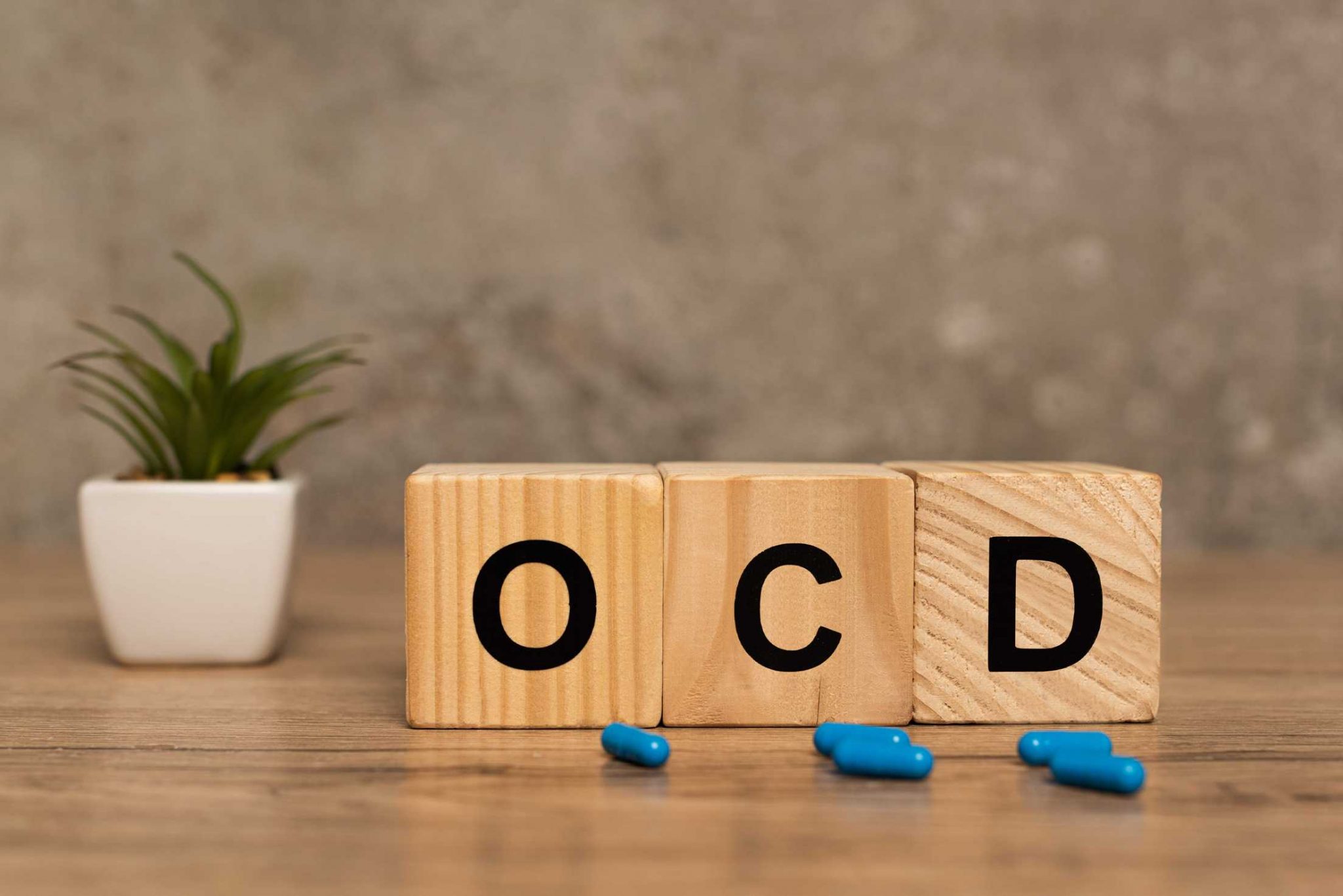Obsessive compulsive disorder is a common mental illness that impacts over 2 million adults in the United States alone. It is also one of the most misunderstood and misrepresented disorders out there. OCD is a serious condition that often interferes with daily functioning and mental wellbeing, and should be professionally treated when diagnosed. Unfortunately, there are many false stereotypes, misconceptions, and myths about OCD that spread through popular culture. Let’s take a look at some of these misconceptions and what OCD really is:
Myth #1: You Can Be “A Little OCD”
OCD has been so frequently misrepresented in popular culture that it is commonplace to say “I’m just a little OCD”, or “stop being so OCD”, in reference to being overly concerned with neatness or organization. Obsessive compulsive disorder isn’t a quirk or personality trait; it is a legitimate mental disorder that causes significant distress and debilitation. People with OCD aren’t just excessively focused on certain things; they suffer from consistent intrusive thoughts (obsessions), coupled with chronic feelings of danger or doubt, and these feelings often drive them to commit repetitive or specific behaviors (compulsions). So, your friend who likes to place sticky notes around the house to remind themself to do tasks is not “being OCD”.
Myth #2: All Neat Freaks Have OCD
Again, being excessively focused on tidiness and organization does not mean you have OCD. There are many people who like neatness and put an effort into making their lives orderly and planned out. These are personality traits and characteristics that are normal and healthy, and do not correlate to having obsessive compulsive disorder.
Some OCD obsessions can be related to being clean or tidy, but the disorder is more complicated than simply being an organized person. In the context of OCD, an ‘obsession’ doesn’t hold the same meaning as it may in day-to-day conversation. OCD obsessions refer to severe intrusive thoughts, images, or impulses that feel outside of the individual’s control and interfere with important activities. Obsessions are often coupled with intense negative feelings such as endangerment, fear, doubt, or disgust, and people experiencing obsessions typically regard them as disturbing and unwanted.
Obsessions and the negative emotions that come with them lead people with OCD to engage in repetitive behaviors that temporarily counteract, neutralize, or eliminate their obsessions — these are known as compulsions. Not every routine or ritual is an OCD compulsion. Compulsions are actions that people with OCD feel driven to take from their negative thoughts and emotions, and often would rather not have to do these things. They also often can be time consuming or even torturous, as they get in the way with daily functioning and are simply a means to temporarily escape anxiety or fear.
Myth #3: OCD is Always About Cleanliness
While many cases of OCD are related to cleanliness or neatness, the disorder is more complex than someone who washes their hands a lot. The obsessions and compulsions that people with OCD experience can vary widely in their context or nature. Some common OCD obsessions include:
- Contamination: dirt, bodily fluids, germs and disease, household chemicals, or environmental contaminants
- Religious obsessions: excessive concern with morality or offending God
- Harm: fear of harming others or being responsible for a terrible event
- Unwanted sexual thoughts: perverse or forbidden sexual thoughts and images, thoughts about aggressive sexual behavior toward others
- Perfectionism: fear of losing or forgetting important information, concern with exactness or evenness, superstitious ideas about lucky or unlucky numbers
- Losing control: fear of harming oneself or others on impulse, fear of blurting out insults or obscenities, fear of violent images in one’s mind
Similarly, common compulsions fall into respective categories:
- Washing and cleaning: excessively washing hands, showering, brushing one’s teeth, or cleaning objects
- Repeating: rewriting or rereading, repeating body movements, repeating activities in specific multiples
- Checking: checking certain body parts, checking that nothing terrible has happened, checking that you didn’t make a mistake or harm yourself or others
- Mental compulsions: praying to prevent harm, counting while performing tasks in order to end on a certain number, mentally reviewing events to prevent harm
- Other compulsions: avoiding situations that trigger obsessions, asking for reassurance, arranging or putting things in order until it “feels right”
Myth #4: People With OCD Just Need to Relax
Going along with myth #1, people with OCD have a diagnosable condition and cannot simply “turn it off”. In order to deal with intrusive thoughts and learn how to live more productively, some individuals with OCD undergo years of therapy and treatment. Just as with any other mental illness, it can’t easily be overcome just by “trying harder” or “thinking differently”. It can take a long time for someone to learn how to live with obsessive compulsive disorder.
Myth #5: There is No Way to Treat OCD
While OCD cannot be cured, people diagnosed with OCD have many treatment options that can help them minimize their obsessions and compulsions and lead productive, healthy lives.
The most common treatment for OCD is cognitive behavioral therapy, or CBT. More specifically, exposure and response prevention (ERP) is considered the most effective type of CBT for OCD. This therapy helps patients address and overcome their obsessions, and teaches techniques for responding to them productively, rather than avoiding them or engaging in compulsions. Medications such as SSRI’s can also be prescribed to treat OCD. A combination of medication and ERP is about 70% effective for individuals with OCD. As with depression, once a medication or two have been exhausted, the success rate diminishes substantially. More intensive treatment options include traditional or intensive outpatient programs, day programs, partial hospitalization, or inpatient programs. The benefit of these types of programs is that patients have the advantage of trying a number of different approaches concurrently and sequentially, meaning that if one approach fails, there will still be a myriad of other approaches to try within a short period of time.
Transcranial magnetic stimulation, or TMS, is a safe alternative treatment for cases of OCD that have been resistant to traditional therapies. TMS is now FDA-approved for OCD in a way that targets the Anterior Cingulate Cortex (ACC), a region of the brain that has shown to behave dysfunctionally in OCD. The ACC is a complex region of the brain that, among other various duties, is involved in task switching and orienting where and how one’s attention is “spent.” In OCD, the ACC has shown to be overactive, which is part of the reason why it’s so hard to control these obsessions; almost all of one’s attention is focused singularly on maladaptive obsessions. Additionally, a recent review has illuminated new research on using ketamine and esketamine for OCD. The authors of this review examined 30 peer reviewed articles and concluded that ketamine can have a rapid reduction of OCD symptoms, although the duration of relief is still to be determined. Additionally, 5 studies in particular found that combining CBT with ketamine significantly increased the duration of ketamine’s efficacy for OCD symptomology. OCD is one of the conditions treated at Bespoke Treatment; contact us to find out if you’re eligible for this treatment and which program you may qualify for.





















